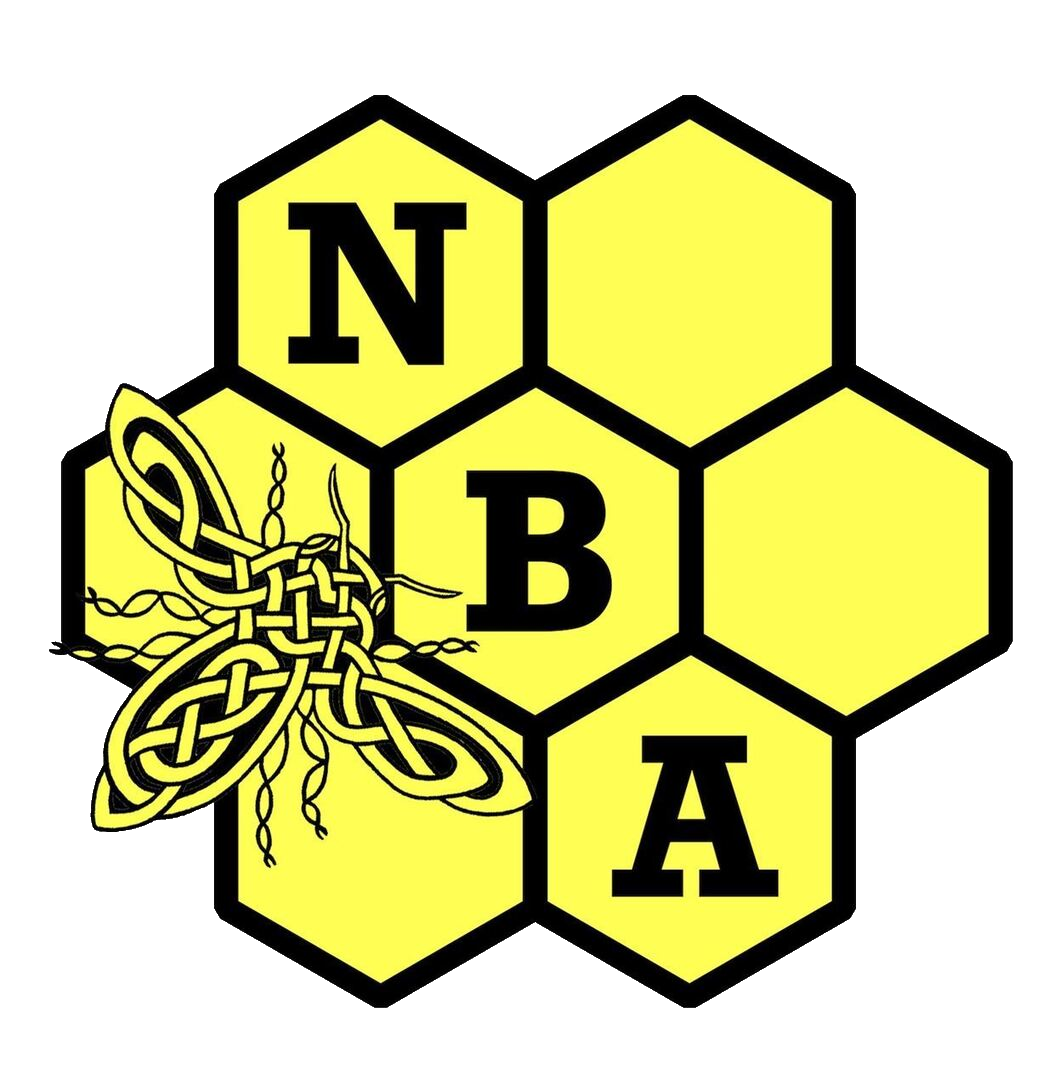See below for a copy of an email from Nicola Kerr, the Policy Head of Animal Welfare and Bee Health at the Directorate for Agriculture and Rural Economy. She asked that we share the information with our members.
We would be grateful if you could please share the following information with your members.
We are contacting you to inform you of an outbreak of American Foulbrood (AFB) in honey bees near the Calders area of the Lothians. This is the first outbreak of AFB detected in this area in recent years.
This outbreak concerns a number of hives and was discovered by Scottish Government bee inspectors during the delivery of their honey bee health inspection programme, with the diseases being confirmed by SASA on 3 August 2023.
The beekeeper concerned has been informed of the official confirmation of the diseases. They are fully cooperating with the Scottish Government bee health inspectors.
The colonies infected with AFB will be humanely euthanized as there is no permitted treatment for the disease in the UK. Restrictions are in place in the affected apiaries. We are working with the beekeeper to identify the possible origin of this outbreak as well as any possible spread of disease.
BeeBase registered beekeepers within 3 km from the infected apiary will also be alerted of this outbreak via BeeBase.
What does this mean?
This is an informative announcement to raise awareness of key points. There are no subsequent restrictions in the area as a result of this finding other than those in place for the infected apiaries.
Next Steps
Please can beekeepers also be reminded of the importance of acquainting themselves with the symptoms of foulbrood diseases and how to carry out a full foulbrood inspection. All beekeepers should carry out at least one foulbrood inspection a year, but we recommend more frequent inspections for those in areas where disease has been confirmed
If there is any suspicion of AFB or EFB, there is a legal requirement to notify the Scottish Government Honey Bee Health Team.
Strict biosecurity is the best prevention to avoid infection, especially for beekeepers who are located within the outbreak area. Swarms of unknown origins should be isolated in a quarantine apiary and inspected for signs of disease before they are brought into contact with other colonies.
Extreme care should be taken with old and second-hand equipment. Such equipment should be thoroughly cleansed and sterilised before re-utilising. In our experience, old infected equipment is the main source of spread of AFB.
In addition, we would like to emphasise the importance of beekeepers registering and keeping the locations of their apiaries up to date in BeeBase. This will allow the Scottish Government Honey Bee Health Team to assess if there has been a risk of disease spreading to their bees. This is all the more important for those beekeepers who find themselves within the area where the outbreak has been confirmed.
Free registration to BeeBase is available at the National Bee Unit website. Registration on BeeBase also ensures that other beekeepers in an area are automatically alerted to disease outbreaks.
Additional information can be found on the following webpages:
If you have any questions, please do not hesitate to contact us at: Bees_Mailbox@gov.scot
Best wishes
Nicola
Policy Head of Animal Welfare and Bee Health | Animal Health and Welfare Division | Directorate for Agriculture and Rural Economy
(She/Her) Full-time remote home worker: please contact me at Nicola.kerr@gov.scot, or on MS Teams. I work a 9-day fortnight with every second Monday off.
